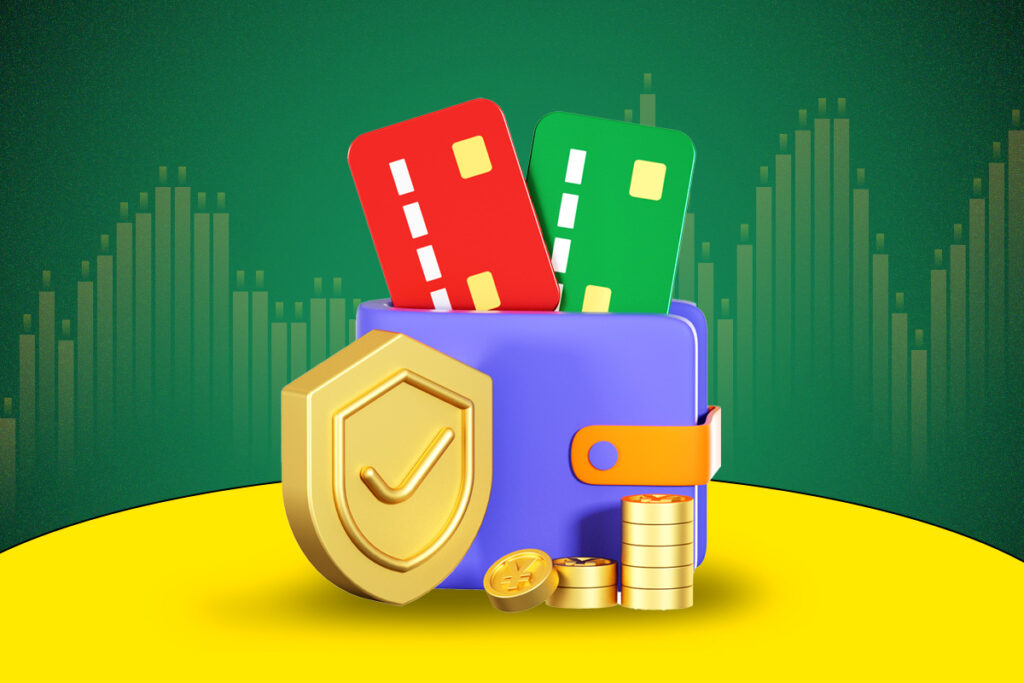3 Steps to Crypto Wallets: A Guide to Managing Your Cryptocurrency Safely

A digital instrument for managing and storing cryptocurrencies is called a crypto wallet. Crypto wallets retain private keys—secure digital codes that are known only to the owner—that grant access to stored crypto assets, in contrast to traditional wallets that hold real money.
What you really have when you own cryptocurrency is a private key, which is a special alphanumeric code that only you know. This key is what enables you to conduct transactions and unlock the money linked to your blockchain crypto address. You cannot access your cryptocurrency if you forget or lose your private key. For this reason, it is crucial to have a secure cryptocurrency wallet.
The Mechanics of Crypto Wallets: Understanding Basic Functions and How They Work
A public key infrastructure approach is used by cryptocurrency wallets to enable safe access to your digital assets. A crypto wallet securely stores your private keys, which are essential for managing assets and authorizing transactions, even if it doesn’t physically contain cryptocurrency. Two keys are generated when you create a wallet: a private key for transaction signing and a public key for accepting payments. While the private key is kept private and is only used to verify ownership and facilitate transactions, the public key creates your wallet address, which you can share with others to receive funds.
Private keys can be kept in many ways, depending on the wallet type you select. While software wallets store keys on your device for convenient access, hardware wallets, which are renowned for their exceptional security, keep keys offline. Your wallet utilizes the private key to sign transactions when you transmit cryptocurrency, making sure the blockchain confirms that you are the legitimate owner. Following authentication, the money is sent to the recipient, and the transaction is documented.
The Pros and Cons of Hardware and Software Cryptocurrency Wallets
For handling cryptocurrency, both software and hardware wallets provide unique benefits that meet the demands of various users. A further level of security is offered by hardware wallets, which are actual devices that hold private keys offline. Because these wallets are immune to malware and hacking, they are particularly well-suited for users wishing to safely store substantial sums of cryptocurrency. Although the wallet provider determines their level of security, they frequently include extra features like recovery phrases and PIN protection for added security. The Ledger Nano S, a small wallet that supports several cryptocurrencies, and the Ledger Nano X, which has Bluetooth connectivity for a more versatile experience, are two examples.
Software wallets, on the other hand, are programs or applications that are installed on a computer or mobile device. It offers a practical choice for everyday transactions. These wallets give customers fast access to their money while striking a balance between security and usability. In contrast to hardware wallets, they are more susceptible to viruses, device theft, and hacking. There are various types of software wallets, including web wallets (like MetaMask and Coinbase Wallet), mobile wallets (like Mycelium and Trust Wallet), and desktop wallets (like Electrum and Exodus). Additionally, it has an easy-to-use design and recovery-friendly features, including backup and restore choices.
5 Ways to Enhance Your Cryptocurrency Wallet Security
Securing your cryptocurrency wallet is crucial when it comes to cryptocurrency management. Because losing access to your wallet could have major repercussions, the safety of your digital assets depends on the precautions you take.
- Using a hardware wallet is one of the best ways to protect your possessions. These wallets are nearly impervious to hacking attempts because they save your private keys offline. A hardware wallet is strongly advised for long-term storage, particularly if you’re keeping a sizable quantity of cryptocurrency.
- Two-factor authentication (2FA) is another essential security precaution. This gives your wallet an additional degree of security by requiring a second form of verification to access your money, even in the event that your password is stolen.
- Updating your wallet’s software on a regular basis is similarly crucial. Staying current reduces the chance of hackers obtaining access and shields you against the most recent security flaws.
- Another important measure is backing up your wallet. Keep your backup phrases safe and think about storing them in several different places. In this manner, in the event that something goes wrong, you will always have a mechanism to recover.
- Finally, keep an eye out for phishing scams. Users are frequently tricked by scammers into divulging private information. To avoid falling for such scams, always verify URLs twice and stay away from clicking on dubious links. You may preserve control over and protect your digital assets by following these safeguards.
For more up-to-date crypto news, you can follow Crypto Data Space.















Leave a comment